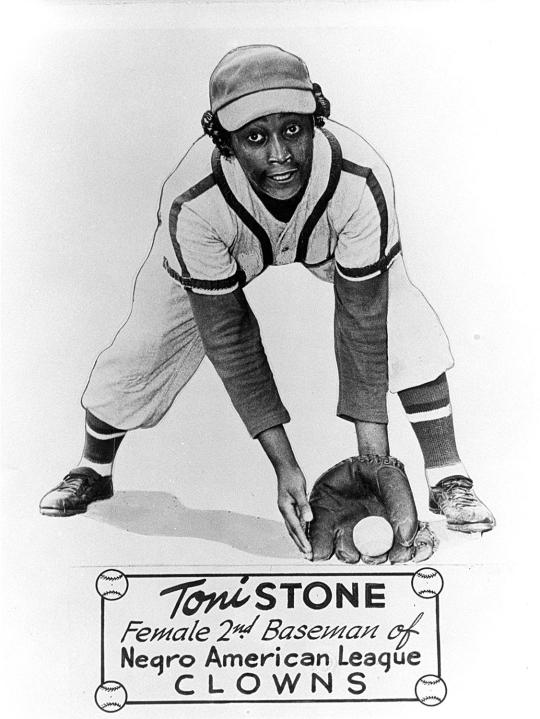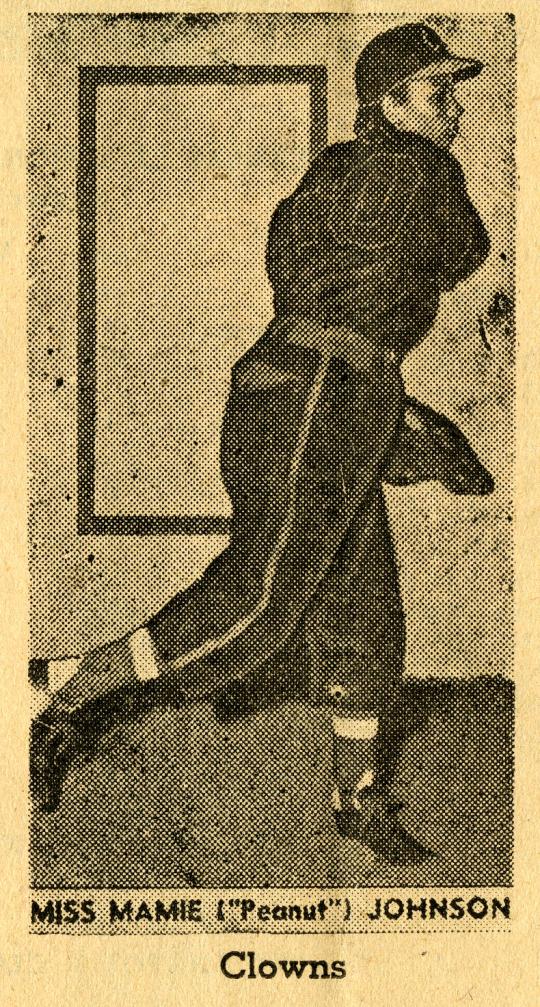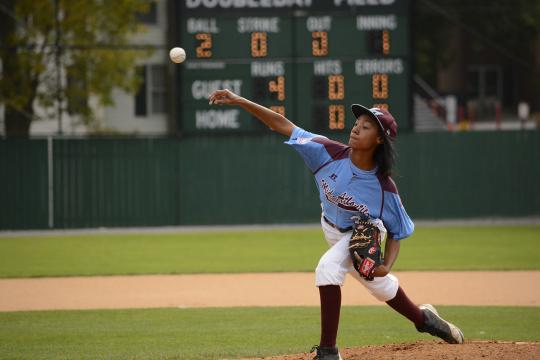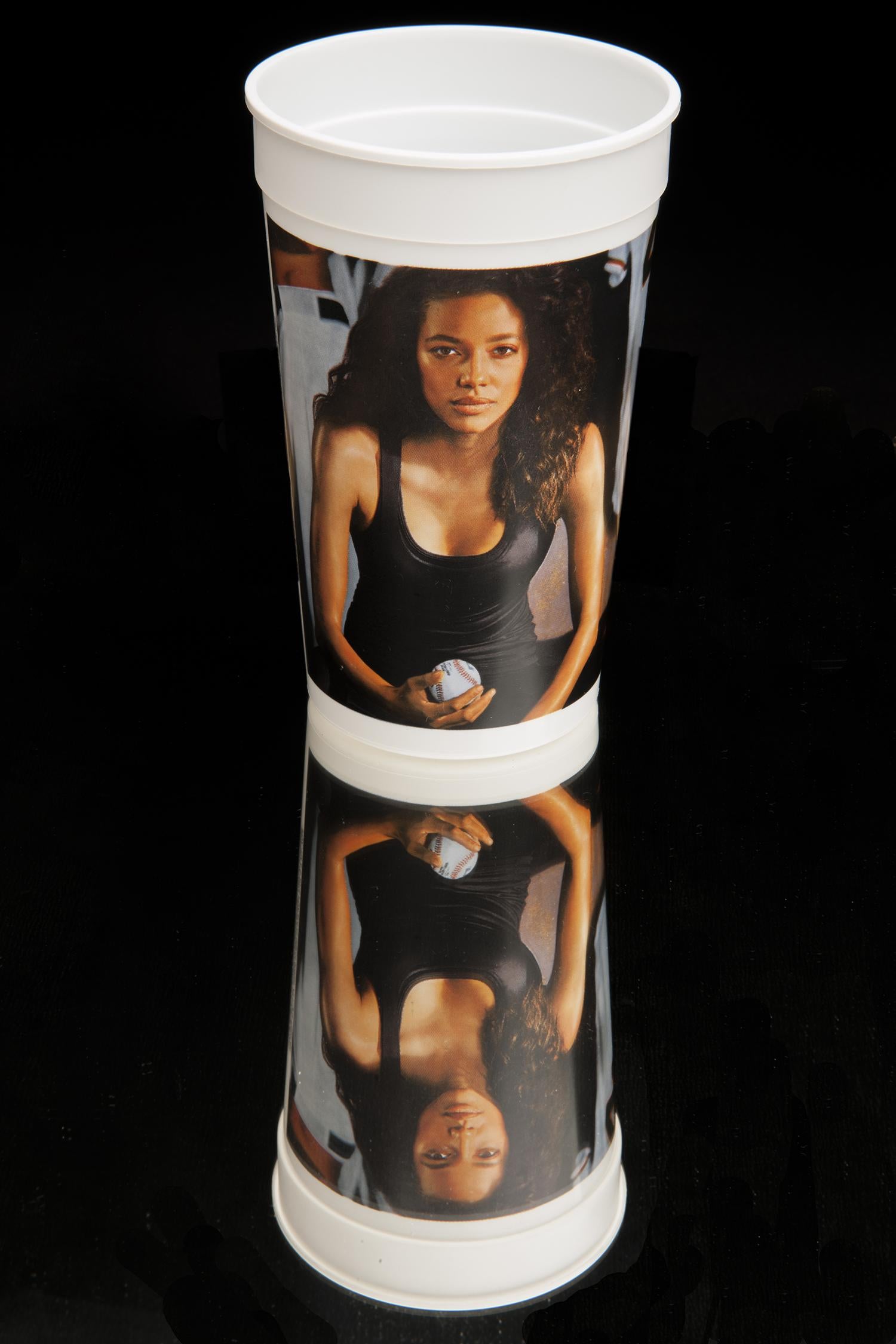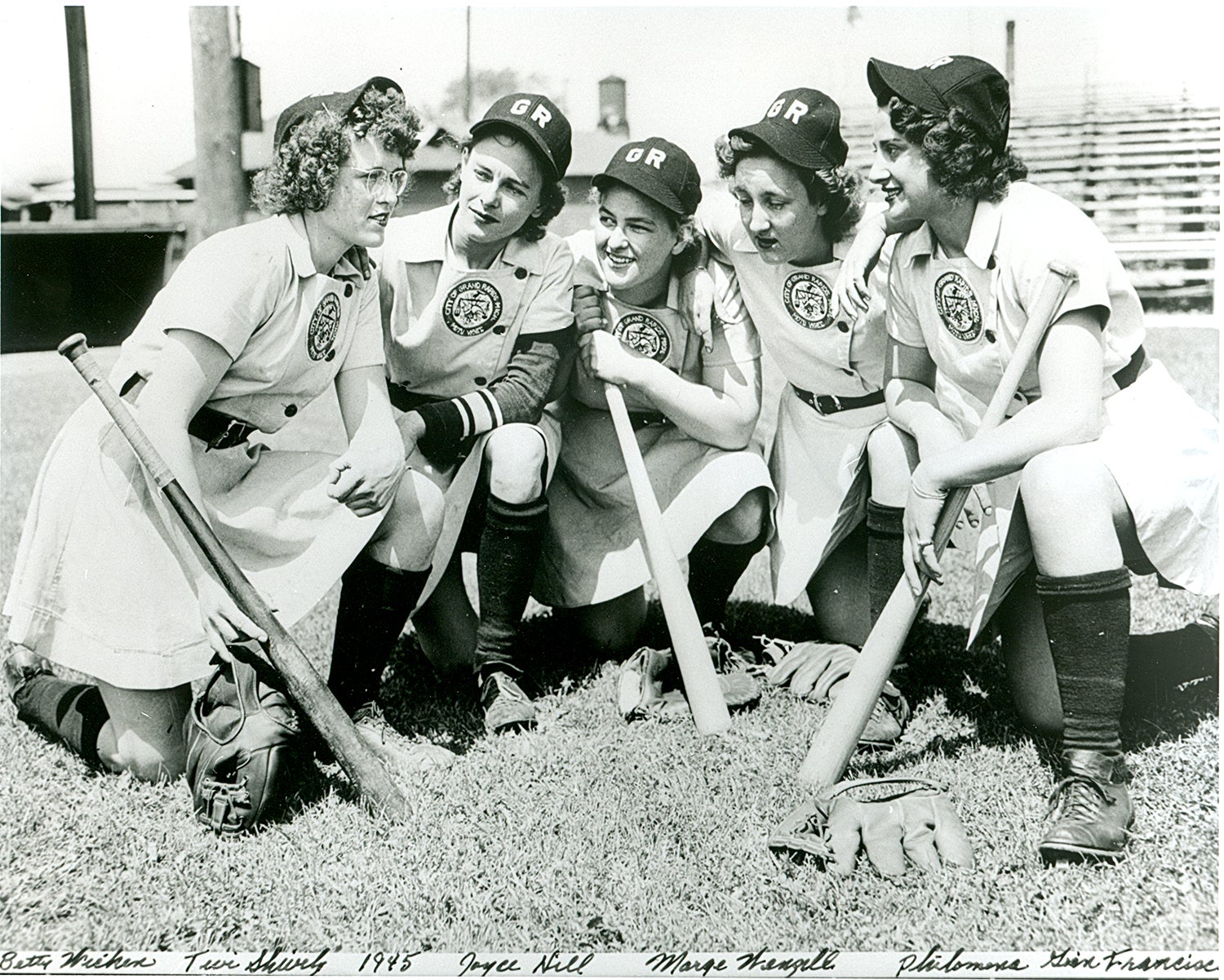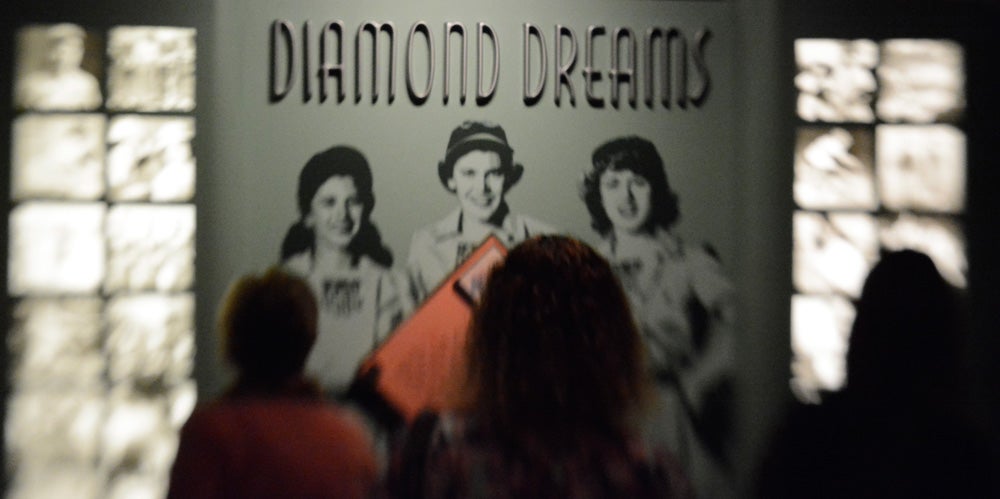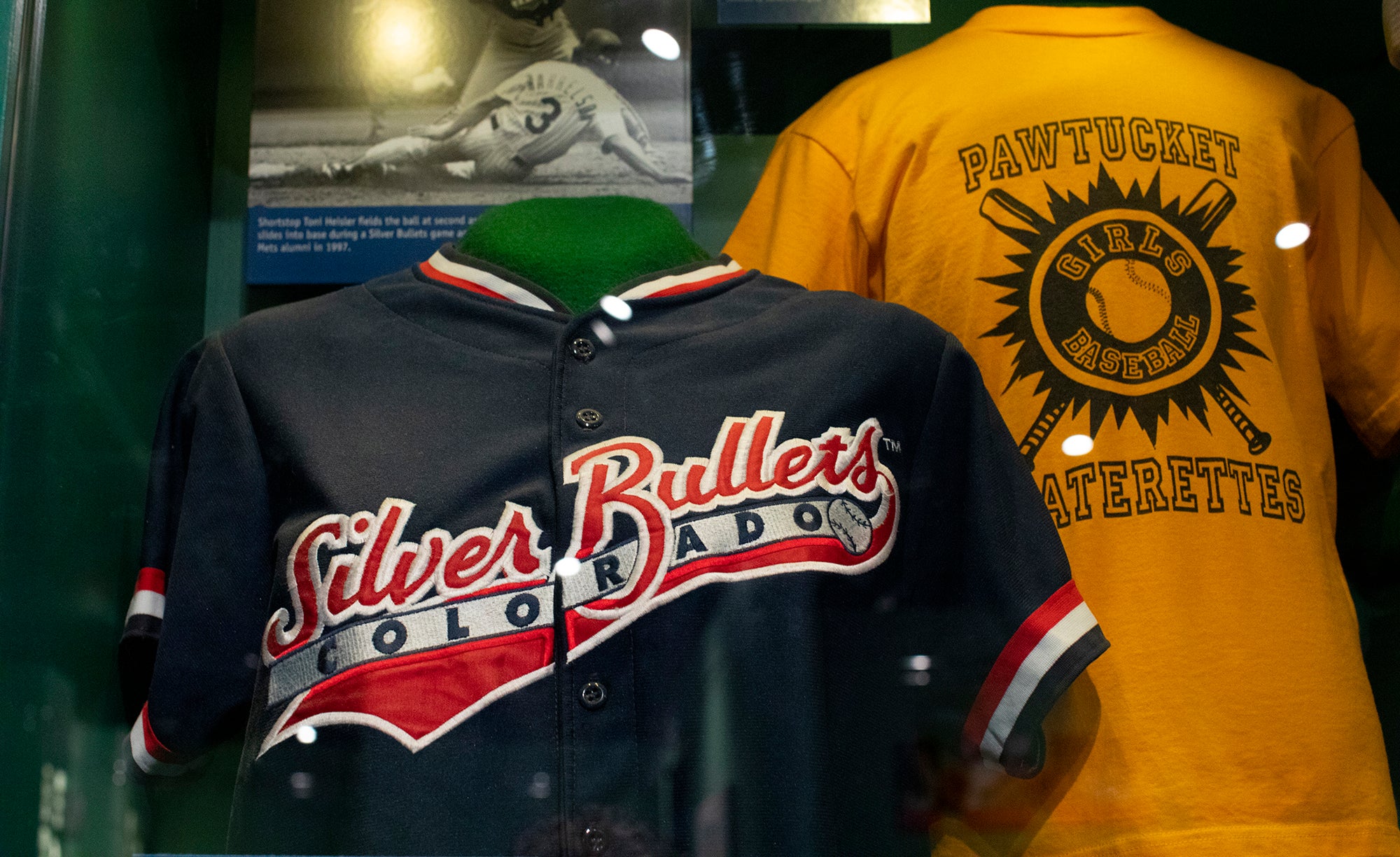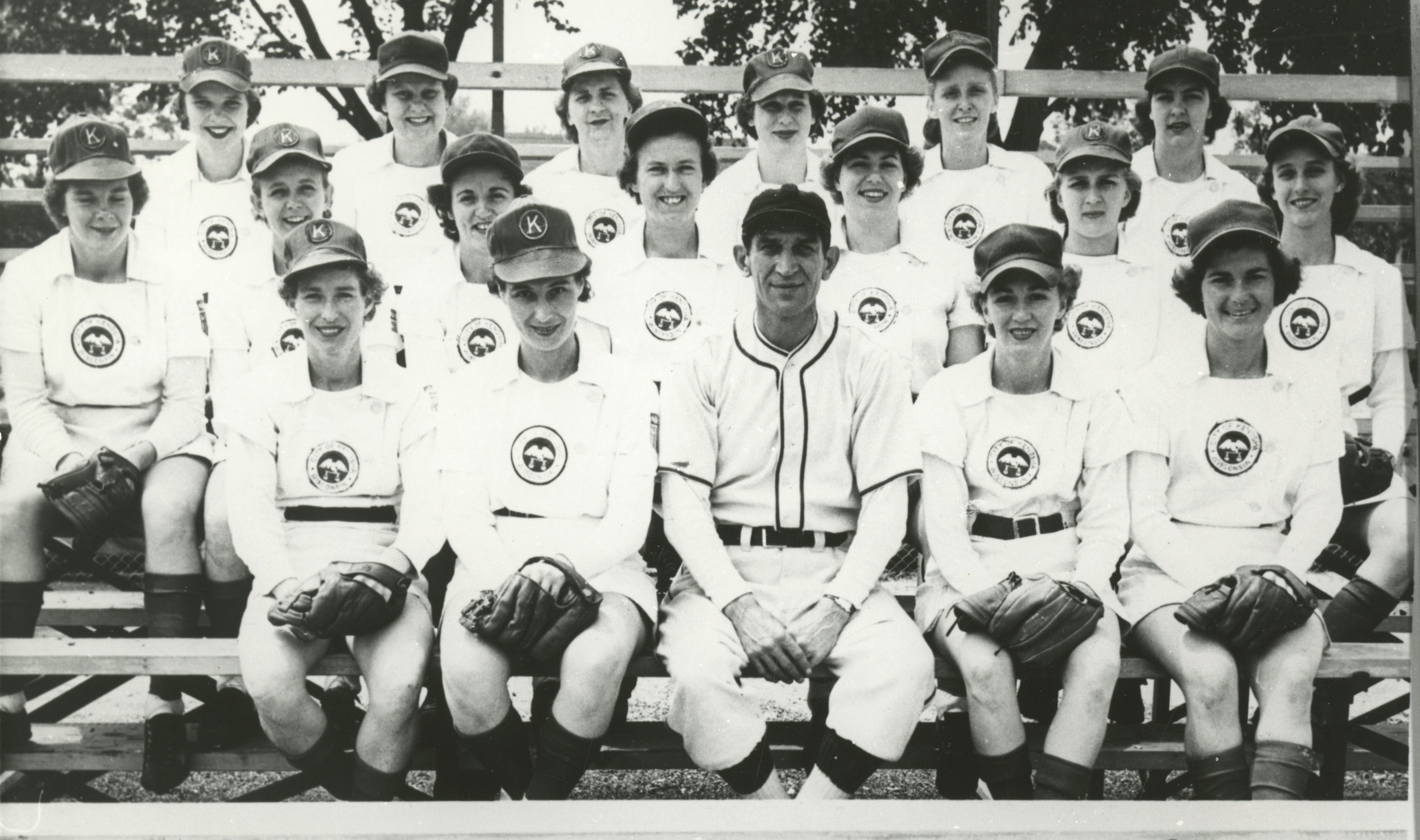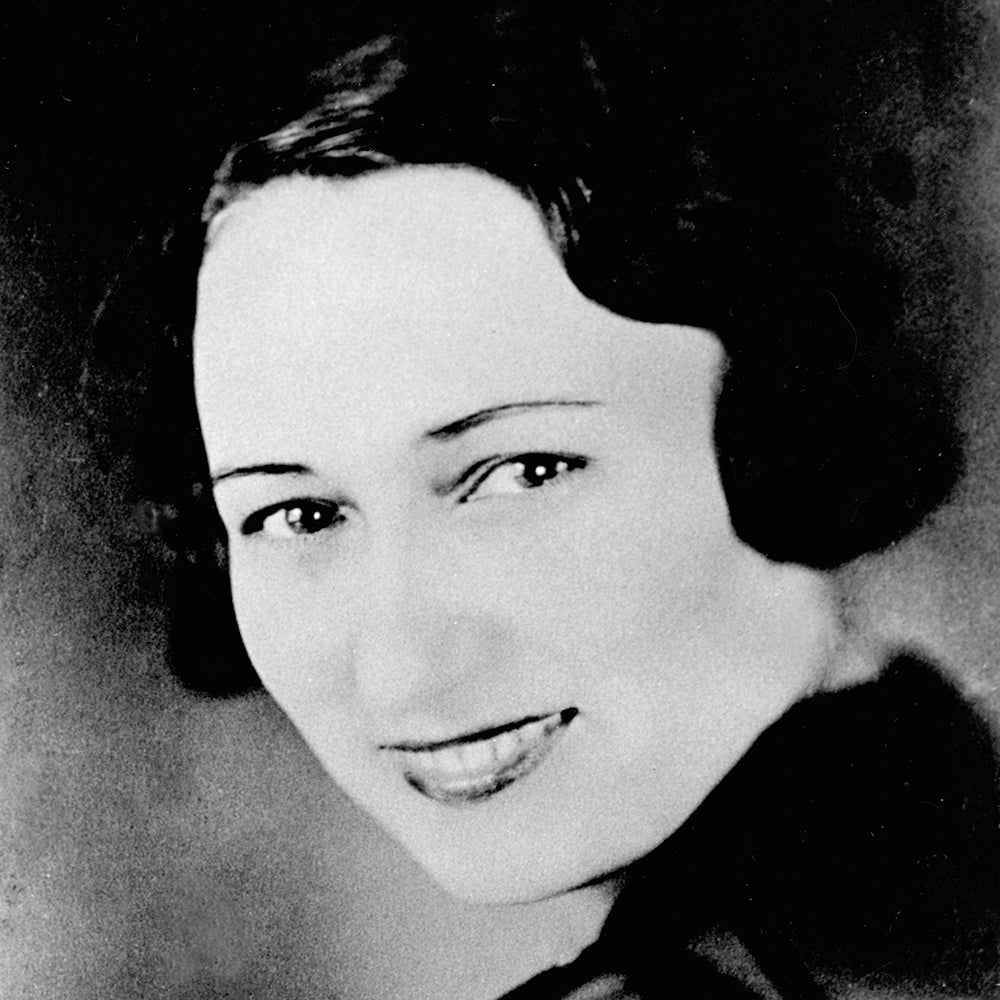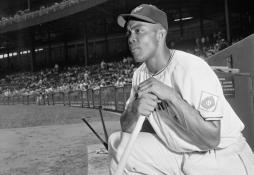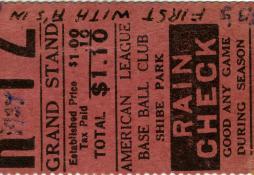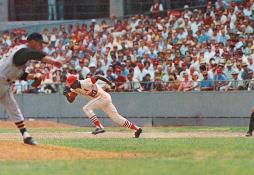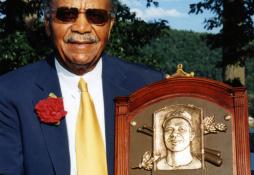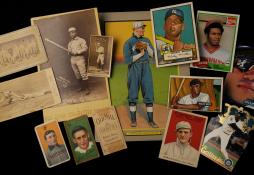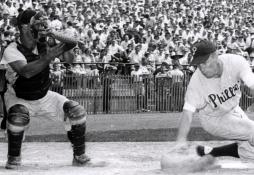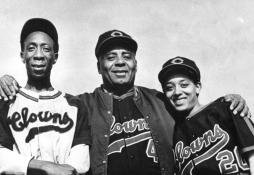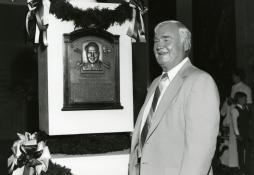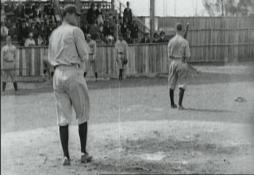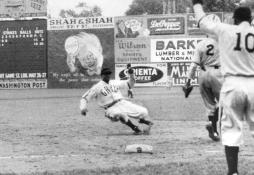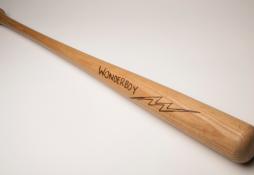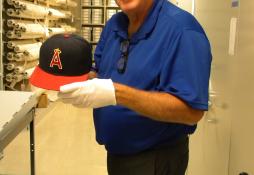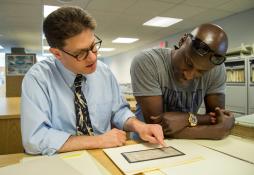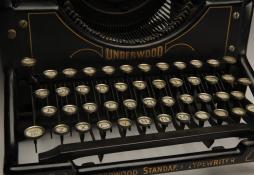- Home
- Our Stories
- Fox-TV hoping for perfect Pitch
Fox-TV hoping for perfect Pitch
Let’s rewind to the spring of 2008. I was a History Major starting the last semester of my junior year. As with all of my peers, I was required to take a Contemporary Issues Seminar. This course would have us look at a contemporary issue from a lens that was not our field of study.
So, seeing a course about women in literature, I thought it would tie in well with my Women’s History course that I was taking that semester and signed up. The course was held at 10 a.m., and I had only 10 minutes to make it from my guitar course at the bottom of the hill my campus was nestled on to this Women’s Literature course near the top of the hill.
I arrived on the first day, not late, but close enough to it that I may as well have been. As I opened the door to the classroom, I saw nothing but a classroom full of women. Their eyes seemed to cut, as if they were accusing me of something, yet I didn’t know what. I realized, standing in that doorway with a guitar case in hand and my fraternity letters boldly emblazoned across the chest of my shirt, that I was the embodiment of a college male stereotype – one that doesn’t seriously take a Women’s Literature course, but mockingly does.
Some of the women, my peers, knew me from before this course, yet they too seemed to look at me as an alien. I didn’t belong in this course, it seemed, not in their eyes. And as doubt set in, now I felt I didn’t belong either. Nevertheless, I found an empty seat beside a female acquaintance and attempted to settle in for class. As the days went on, the glares seemed to lessen and I began to feel more accepted in the classroom. However, some still looked at me with a leery eye. I just accepted that to some of the women in that class, I would always be an outsider based on something over which I had no control.
This was not a unique revelation, nor was my experience unique. Almost everyone has felt like an outsider due to something outside of their control, be it race, gender, or other identity. That is why stories like this are so easy for people to connect with. That is exactly what Fox hopes you will do with their newest show – Pitch.
Fox has called Pitch a “true story on the verge of happening” about the first woman to play in Major League Baseball. The show follows Ginny Baker (Kylie Bunbury) as she takes on the Robinsonian task of being the first woman to play in the MLB. Given the comparisons between the fictional Baker and the real life Jackie Robinson, it is no surprise that Baker wears number 43 in the show. Robinson’s number 42 was retired through Major League Baseball in 1997 to mark the 50th anniversary of Robinson breaking the color barrier. Baker’s number 43 was undoubtedly chosen both as an allusion to Robinson, but also to view her and her struggles as different than those faced by Jack Roosevelt Robinson almost 70 years earlier.
Baker is a screwball pitcher that gets called up by the San Diego Padres. Of course, the media coverage is intense and the pressure on Baker increases as the announcement is made. This only adds the excitement surrounding Baker and her MLB debut. As one may expect, Baker isn’t viewed warmly by all of her teammates and the locker room/team areas are atwitter with discussion both in favor and against Baker. Seeing this instantly took me back to my junior year in college, standing in a doorway looking at the cold stares of my female classmates.
Nevertheless, Ginny Baker and Pitch have not been getting the cold shoulder from baseball fans. On Sept. 3, visitors to the Binghamton Mets (Eastern League – AA) home game not only got the treats of a Steven Matz bobblehead and a pre-game ceremony honoring the 2016 Little League World Series Champion Maine-Endwell team, but after the game fans were able to watch the premiere episode of Pitch. The fans who stayed and watched all seemed to have good feedback for the episode. Also, soft-drink purchases during the game came with a commemorative Pitch cup.
Mamie "Peanut" Johnson was one of three women to play for Indianapolis Clowns of the Negro American League. (National Baseball Hall of Fame)
Share this image:
A casual observer may argue that a female MLB player is still a long way off. However, while the gender line has not been broken in Major League Baseball, women have previously played baseball professionally. Most recently, Ila Borders pitched for the Saint Paul Saints of the Independent Northern League. Borders earned a win for the Saints in the 1998 season, thus cementing her name in record books. Borders would play from 1997-2000 professionally in independent leagues. However, she is also not alone in the ranks women pitchers.
In 2014 Mo’ne Davis captured the heart of America as the first girl to record a win in the Little League Baseball World Series. Davis, then 13, had a 70 mph fastball and threw a shutout against Nashville, Tenn., while giving up only two hits. This was also the first shutout pitched by a girl in Little League tournament. After the game, then Pennsylvania Gov. Tom Corbett predicted Davis would pitch in the MLB. Mo’ne and her team visited Cooperstown later that year to donate her game jersey to the Museum. Joining her and her team was one of three women to play for Indianapolis Clowns of the Negro American League – Mamie “Peanut” Johnson. Johnson was joined on the Clowns by Toni Stone and Connie Morgan. Johnson, like Davis, was a pitcher. All three women played well at the professional level.
Other women, including those who played in the famed All-American Girls Professional Baseball League, have left their mark on the game both on the field and in the front office, such as Hall of Fame executive Effa Manley. Women have assumed a role in professional baseball at almost every level, but the one that seems to stand out the most is the lack of a female player at the big league level. Organizations like Baseball For All (baseballforall.com) encourage girls to continue playing baseball by supporting girls through camps and all-star teams. With these supports in place, maybe Fox was right by saying that Pitch is a “true story on the verge of happening”. We may see our first female pitcher pop-up in the MLB sooner than you think.
Pitch premiers Thursday Sept. 22 at 8:59 EDT.
Nate Tweedie is the manager of on-site learning at the National Baseball Hall of Fame and Museum

